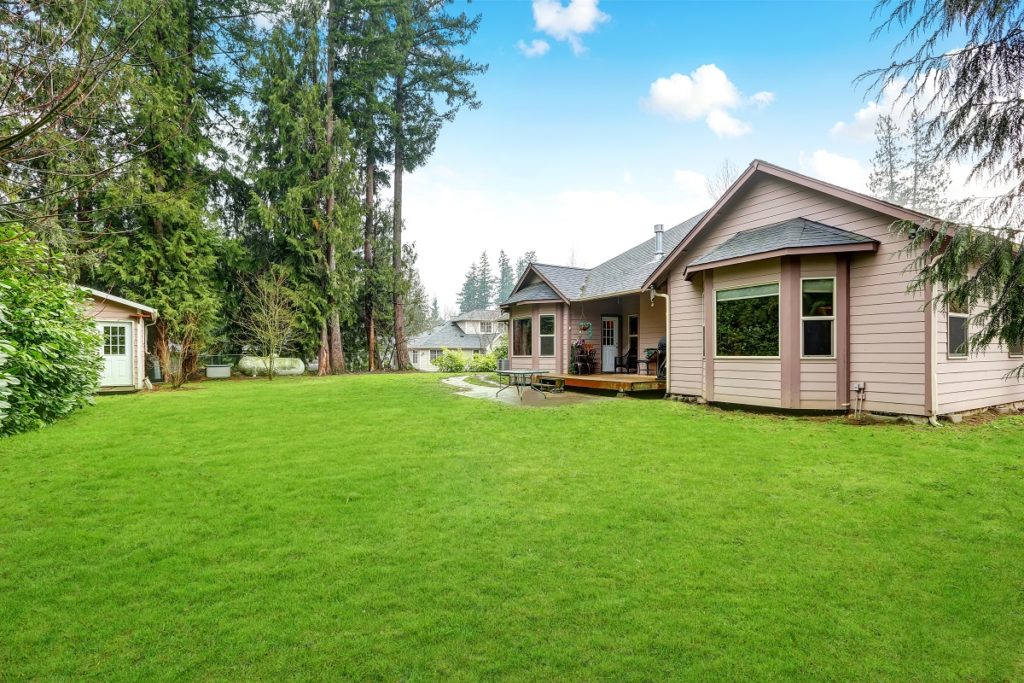The home rental market is booming. According to a recent report, more and more people are renting homes in the past few years, and the trend shows no signs of slowing down. This makes starting a home rental business a great opportunity for entrepreneurs looking to get into this growing industry.
If you’re thinking about venturing into this business, you should know a few things before you start. This blog post will cover some of the most important things to consider before starting your own home rental business.
1. Location is everything.
When it comes to real estate, location is everything. The same is true for starting a home rental business. You’ll need to choose a desirable rental property location for potential tenants. Consider factors like proximity to public transportation, schools, and local amenities when choosing a location for your rental properties. This is important because the location of your rental properties will ultimately determine how successful your business will be.
Some business owners make the mistake of thinking they can just buy any old property, and renters will flock to it. But that’s not how it works. You need to carefully consider the location of your rental properties to ensure you’re attracting the right tenants. Some business owners will even go so far as to purchase multiple properties in different areas to appeal to a broader range of potential tenants.
2. Be prepared for repairs and maintenance.
As a landlord, you’ll be responsible for any repairs and maintenance that need to be done on your rental properties. This can include everything from fixing a leaky faucet to repairing damage caused by tenants. Make sure you have the time and money necessary to make repairs promptly. Because if you don’t, your tenants will be quick to find another rental property that meets their needs.
If you don’t have the time or money to make repairs, you can always hire a property management company to take care of these things. This will come at an additional cost but can be worth it if you don’t want to deal with the hassle of repairs and maintenance. They can also help screen potential tenants and handle other landlord duties.
3. Screen your tenants carefully.
It’s essential to screen your tenants carefully before renting them one of your properties. This will help you avoid problem tenants who may damage your property or cause other problems. There are several ways to screen tenants, including running credit checks and checking references. You can also require a security deposit to help offset the cost of any damages that the tenant may cause.
You should also have a written lease agreement outlining tenants’ expectations and rules. This will help prevent misunderstandings and be used as evidence in court if there is a dispute. When drafting your lease agreement, try to be as clear and concise as possible. It will help ensure both you and your tenant understand the agreement.

4. Have a solid marketing plan.
You’ll need to have a solid marketing plan to ensure potential tenants see your rental properties. Every business should have a marketing plan, and your home rental business is no different. Consider using online listings, print ads, and word-of-mouth marketing to get the word out about your properties. You can also offer special deals or discounts to attract potential tenants.
But try to avoid using discount rental services like Airbnb or VRBO. These platforms are designed for people looking for short-term rentals, and you’re likely to have more success finding long-term tenants through other channels. If you decide to use these platforms, clearly state that you’re looking for long-term tenants in your listing.
5. Be prepared for vacancy periods
Even the most successful rental property businesses will have vacancy periods. This is when no tenants are renting your properties. During these times, you’ll still be responsible for the mortgage, taxes, and other expenses associated with the property. That’s why it’s essential to have money set aside to cover these costs.
You can also try to offset these costs by renting your properties for short-term rentals during vacancy periods. This can be an excellent way to generate income and cover your expenses. Some business owners will even go so far as to purchase multiple properties in different locations to appeal to a broader range of potential tenants.
Starting a home rental business can be a great way to earn extra income or replace your current income if done correctly. Following the tips listed above can increase your chances of success when starting your own home rental business. Just make sure you research and are prepared for the challenges of being a landlord.

